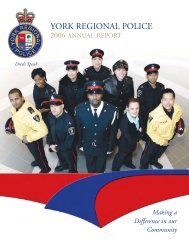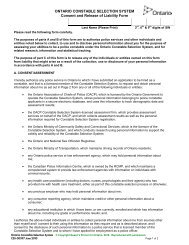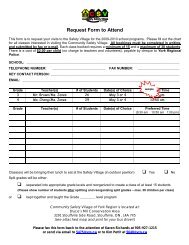Have You Been a Victim of Crime? What's Next… - Office for Victims ...
Have You Been a Victim of Crime? What's Next… - Office for Victims ...
Have You Been a Victim of Crime? What's Next… - Office for Victims ...
Create successful ePaper yourself
Turn your PDF publications into a flip-book with our unique Google optimized e-Paper software.
29<br />
Can the judge ask me questions?<br />
Yes. The judge may ask you questions at any time while you are on the witness stand<br />
What if I don’t understand a question?<br />
If you don’t understand a question, say “I don’t understand”, and ask <strong>for</strong> it to be<br />
repeated or reworded. Don’t guess.<br />
What if I don’t know the answer to a question?<br />
If you don’t know the answer to a question, say “I don’t know”.<br />
What if I don’t remember the answer?<br />
If you don’t remember the answer to a question, say “I don’t remember”. <strong>You</strong> can<br />
also ask to see the statement you gave to the police to refresh your memory. If you<br />
remember the answer later, tell the Crown Attorney.<br />
Will the accused be in the courtroom when I testify?<br />
Yes. The accused will be in the courtroom, and it might be upsetting <strong>for</strong> you to see<br />
him/her. So when you are on the witness stand, try to look at the lawyer asking the<br />
questions, or at the judge, and concentrate on answering the questions being asked.<br />
In some circumstances, a witness may be allowed to testify behind a screen or by<br />
closed circuit television (CCTV). Speak to the Crown Attorney to see if this applies to you.<br />
Who else will be in the courtroom?<br />
The Criminal Justice Process<br />
There will be a court clerk in the courtroom. The court clerk files various documents<br />
related to the court proceedings, keeps a record <strong>of</strong> trial evidence, administers oaths,<br />
and announces the beginning and end <strong>of</strong> court sessions.<br />
There will also be a court reporter in the courtroom. The court reporter makes a<br />
record <strong>of</strong> everything that is said in court. At the end <strong>of</strong> the trial, the court reporter’s<br />
notes will <strong>for</strong>m the <strong>of</strong>ficial record <strong>of</strong> the trial. This is called the transcript.<br />
There may also be members <strong>of</strong> the general public at the trial. Generally, trials are<br />
public proceedings and anyone can attend. However, the judge may exclude the<br />
general public from the trial if s/he thinks it is absolutely necessary.<br />
Ministry <strong>of</strong> the Attorney General


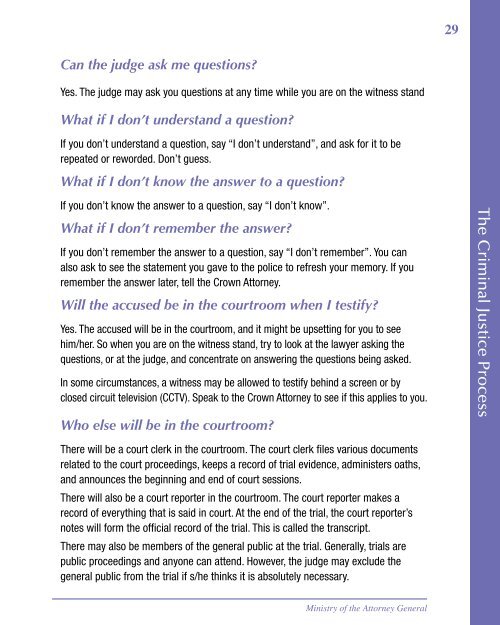

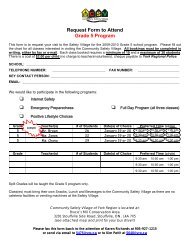
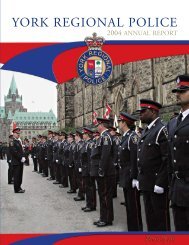

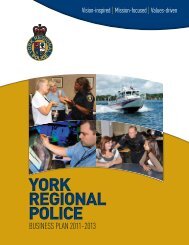

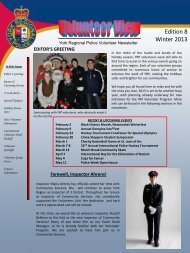



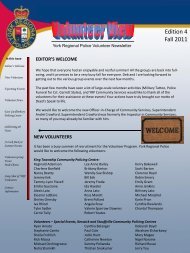
![The Little Black Book of Scams [PDF] - Thomson Reuters](https://img.yumpu.com/40787446/1/190x190/the-little-black-book-of-scams-pdf-thomson-reuters.jpg?quality=85)
